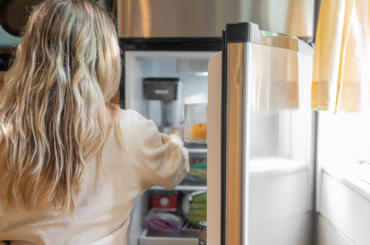A new study by the University of Alabama at Birmingham’s (UAB) Institute for Arts in Medicine, the School of Health Professions’ Department of Occupational Therapy, and illusionist and educator Kevin Spencer has shown that teaching magic tricks to neurodiverse kids and kids with disabilities can increase their confidence and self-esteem.
Researchers examined the effectiveness of a virtual summer magic camp program on the self-esteem and confidence levels of six kids with attention-deficit/hyperactivity disorder, or ADHD, using pre- and post-program assessments. Gains in self-esteem were noted in both the assessments and in interviews with the participants and their parents. According to UAB, learning and performing magic tricks “promotes motivation and improves physical, psychological, perceptual or social functions in those who participate and has been shown to be an effective treatment technique.”
Neurodiverse children and those with disabilities or emotional disturbances can suffer from a lack of self-esteem, which can lead to poor performance in school and in other social situations. Studies like this one are steadily building the case for more social interventions for these kids to build up their self-esteem and interpersonal skills.
UAB Magic Camp is held virtually, so kids across the world are invited to attend. It’s available every summer, and is free for children ages 9-18 with diagnosed disabilities. In each three-week program, kids learn two or three magic tricks per week, participate in a weekly group meeting, and then perform what they’ve learned in a virtual magic show at the end of the camp.







